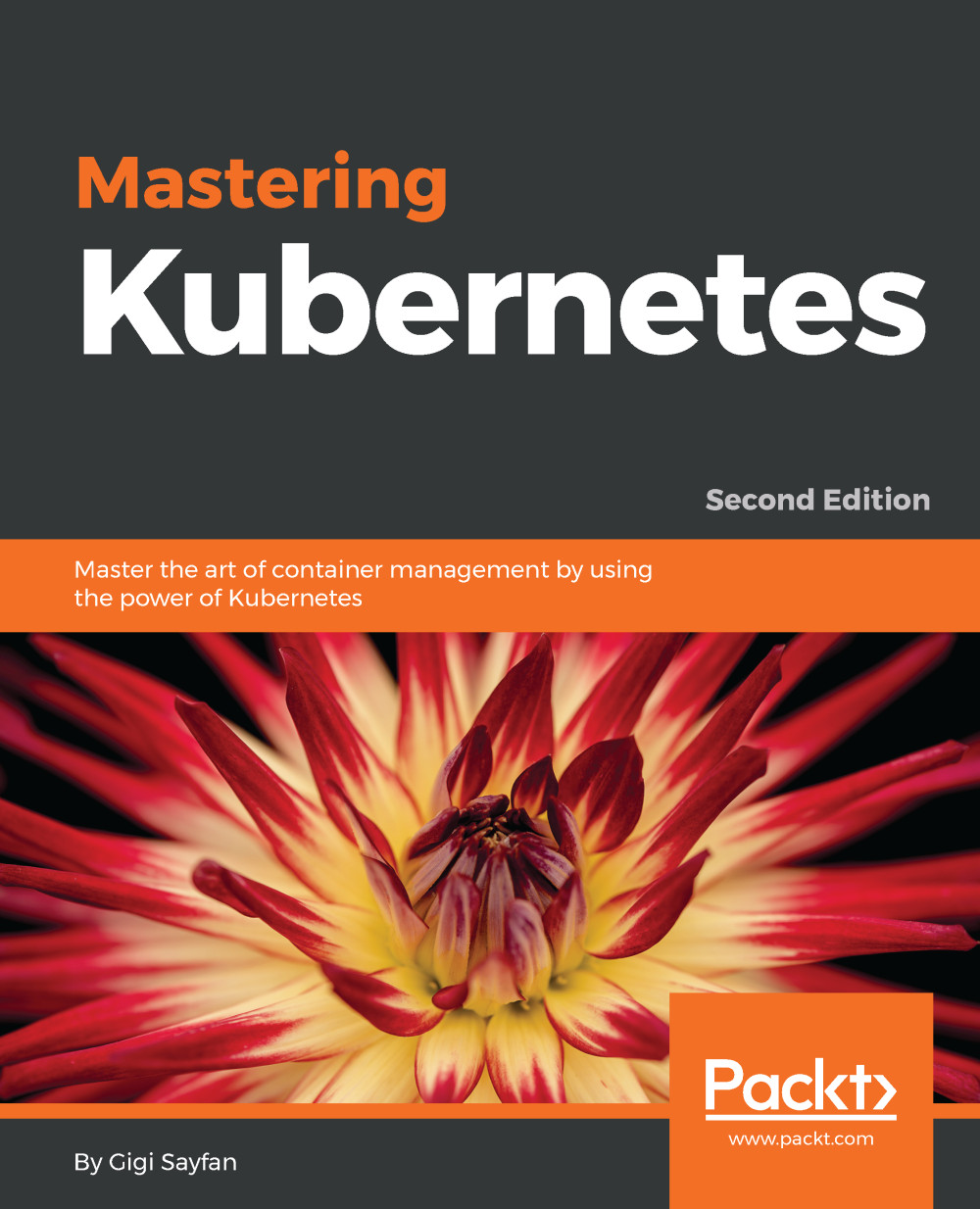In this chapter, we will look into what it takes to run stateful applications on Kubernetes. Kubernetes takes a lot of work out of our hands by automatically starting and restarting pods across the cluster nodes as needed, based on complex requirements and configurations such as namespaces, limits, and quotas. But when pods run storage-aware software, such as databases and queues, relocating a pod can cause the system to break. First, we'll understand the essence of stateful pods and why they are much more complicated to manage in Kubernetes. We will look at a few ways to manage the complexity, such as shared environment variables and DNS records. In some situations, a redundant in-memory state, a DaemonSet, or persistent storage claims can do the trick. The main solution that Kubernetes promotes for state-aware pods is the StatefulSet...
-
Book Overview & Buying

-
Table Of Contents

Mastering Kubernetes - Second Edition
By :

Mastering Kubernetes
By:
Overview of this book
Kubernetes is an open source system that is used to automate the deployment, scaling, and management of containerized applications. If you are running more containers or want automated management of your containers, you need Kubernetes at your disposal. To put things into perspective, Mastering Kubernetes walks you through the advanced management of Kubernetes clusters.
To start with, you will learn the fundamentals of both Kubernetes architecture and Kubernetes design in detail. You will discover how to run complex stateful microservices on Kubernetes including advanced features such as horizontal pod autoscaling, rolling updates, resource quotas, and persistent storage backend. Using real-world use cases, you will explore the options for network configuration, and understand how to set up, operate, and troubleshoot various Kubernetes networking plugins. In addition to this, you will get to grips with custom resource development and utilization in automation and maintenance workflows.
To scale up your knowledge of Kubernetes, you will encounter some additional concepts based on the Kubernetes 1.10 release, such as Promethus, Role-based access control, API aggregation, and more. By the end of this book, you’ll know everything you need to graduate from intermediate to advanced level of understanding Kubernetes.
Table of Contents (16 chapters)
Preface
 Free Chapter
Free Chapter
Understanding Kubernetes Architecture
Creating Kubernetes Clusters
Monitoring, Logging, and Troubleshooting
High Availability and Reliability
Configuring Kubernetes Security, Limits, and Accounts
Using Critical Kubernetes Resources
Handling Kubernetes Storage
Running Stateful Applications with Kubernetes
Rolling Updates, Scalability, and Quotas
Advanced Kubernetes Networking
Running Kubernetes on Multiple Clouds and Cluster Federation
Customizing Kubernetes – API and Plugins
Handling the Kubernetes Package Manager
The Future of Kubernetes
Other Books You May Enjoy
